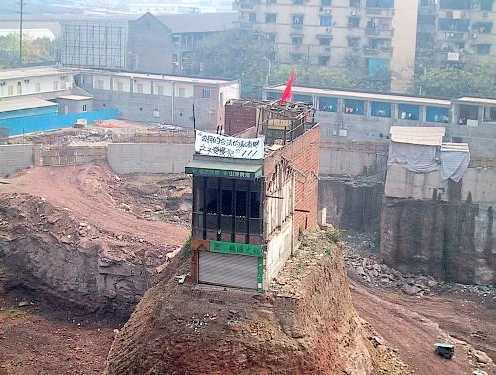
Unprecedented new property law was introduced by the People's Republic of China in 2007 and private individuals became legally entitled to own real property with the exception of land but including buildings and fixtures located on land.
Individuals cannot privately own land in China but may obtain transferable land use rights for a specified number of years and for a fee. Currently, the maximum term for urban land use rights granted for residential purposes is seventy years.
Some local authorities in China have used brutal means to expropriate property owners in order to profit from the country's huge construction boom. Some desperate property owners have committed suicide, while others vow to defend their properties with their lives if necessary.
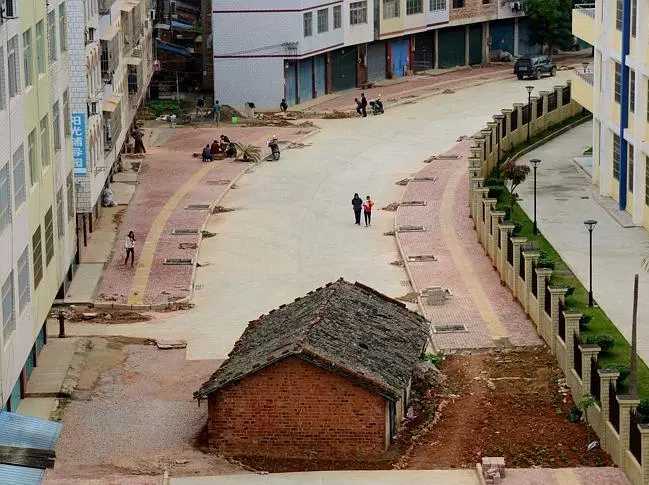
On paper at least, government authorities in China may expropriate land and other properties without the consent of property holders for the purposes of public interest. Although expropriated parties are entitled to compensation, they sometimes do not receive compensation equivalent to market values.
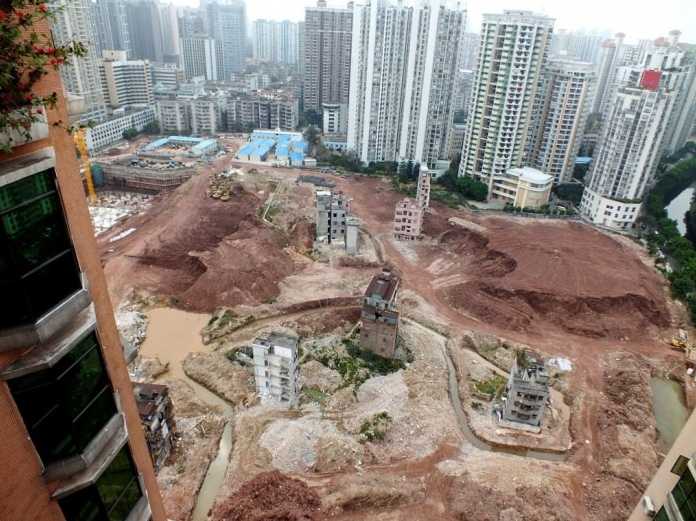
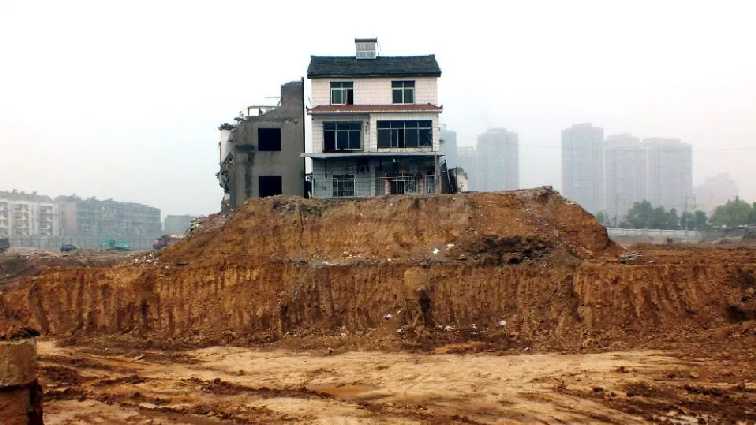
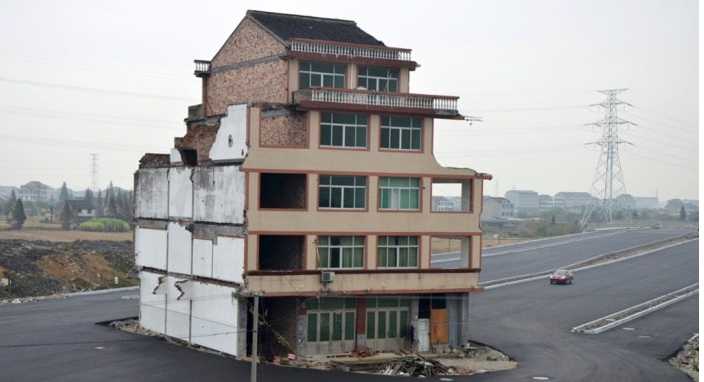
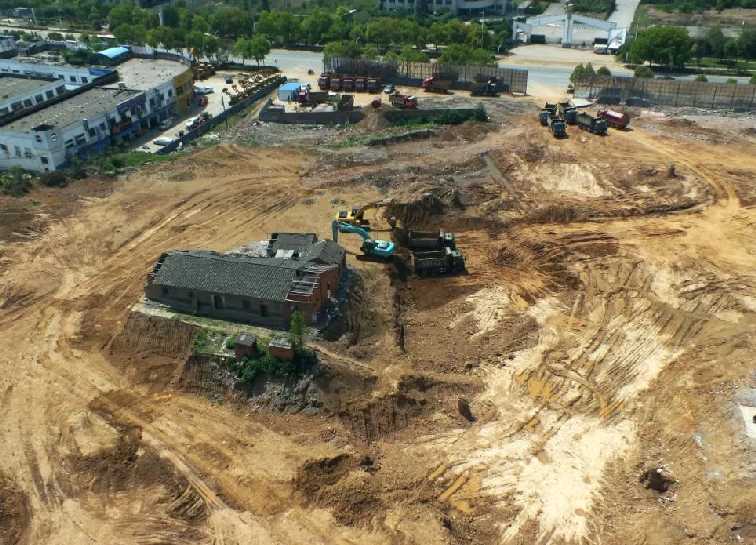
Ongoing debate in New Zealand has focused on whether or not it is in New Zealand’s best long term interests to continue consenting the sale of land to non New Zealand companies and individuals.
There are some who suggest that New Zealand should emulate aspects of China’s property law and restrict foreign buyers to a leasehold interest in land.
In New Zealand it is possible for the Government to compulsorily acquire land. The Public Works Act 1981 provides the Crown with the statutory authority to acquire land for public works. The Crown has the power to acquire or take land for a wide variety of purposes and may negotiate for the land in the same way as a private purchaser.